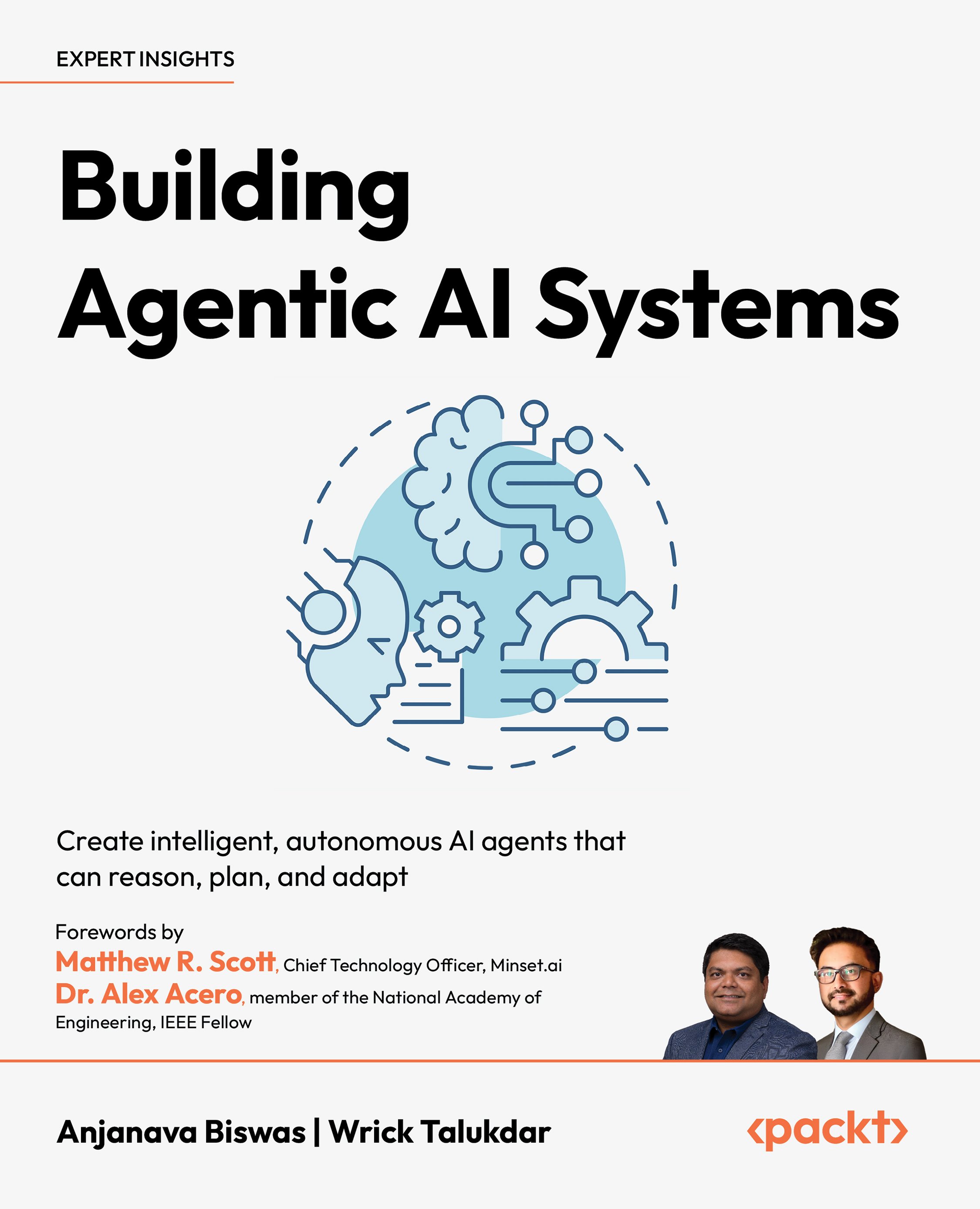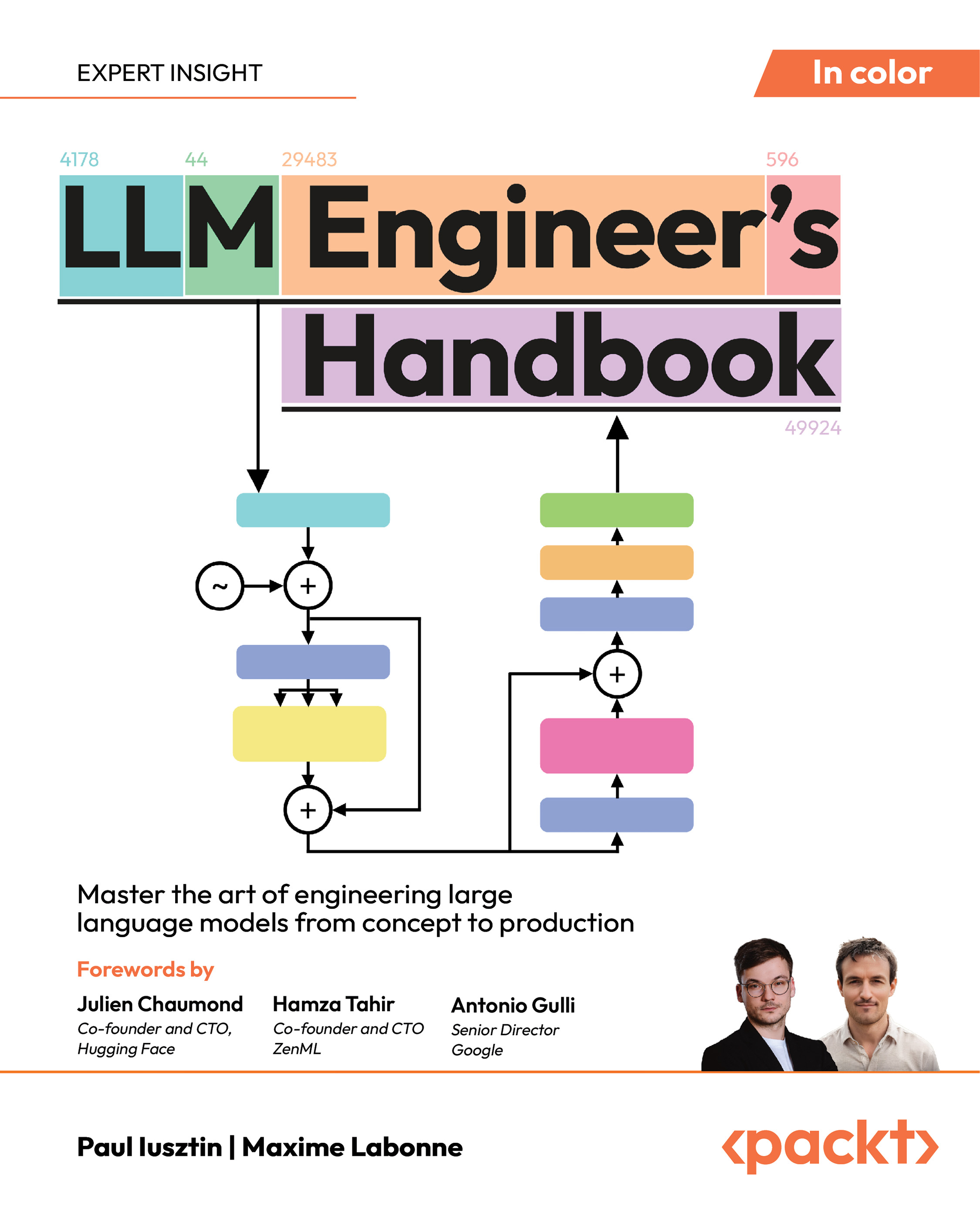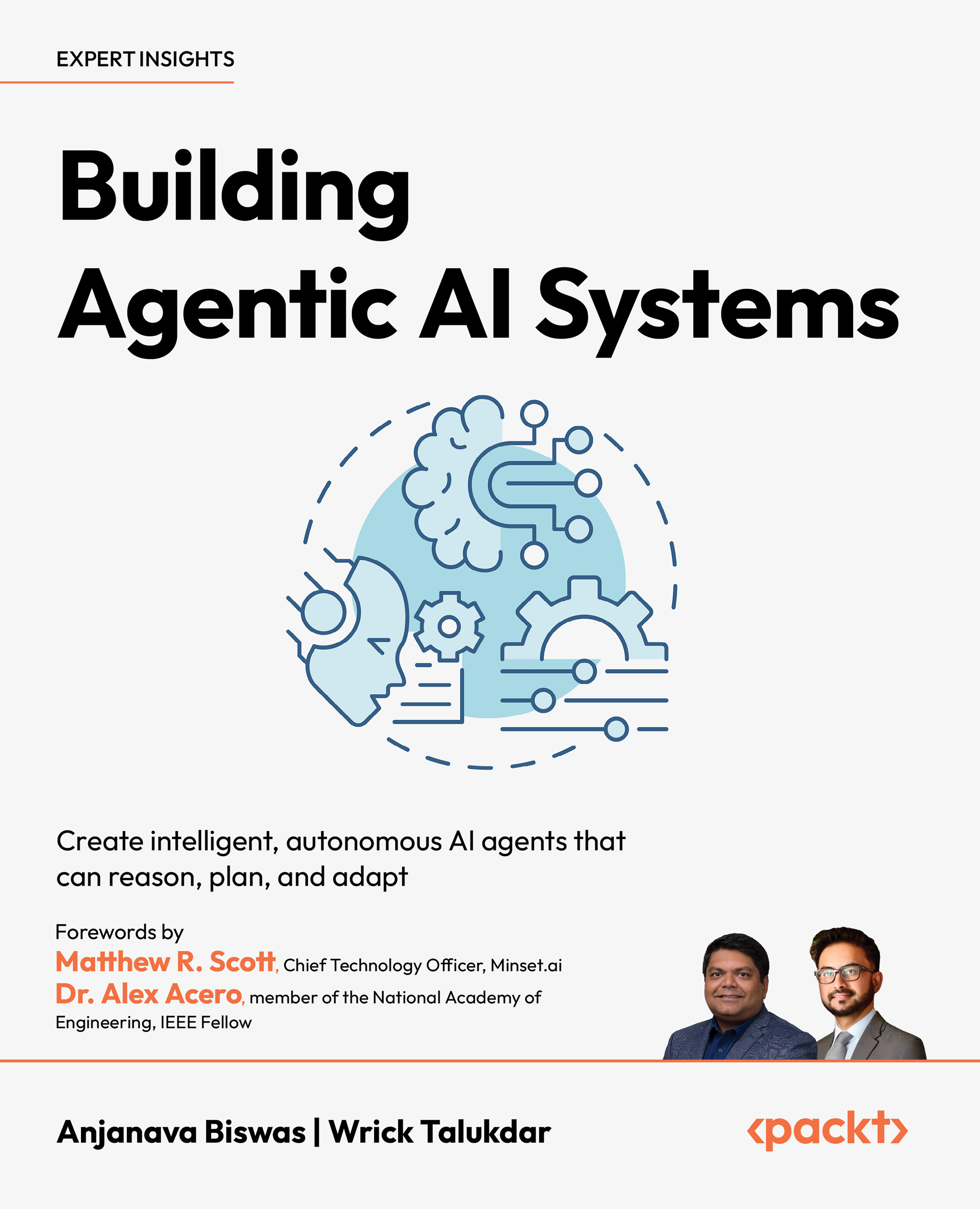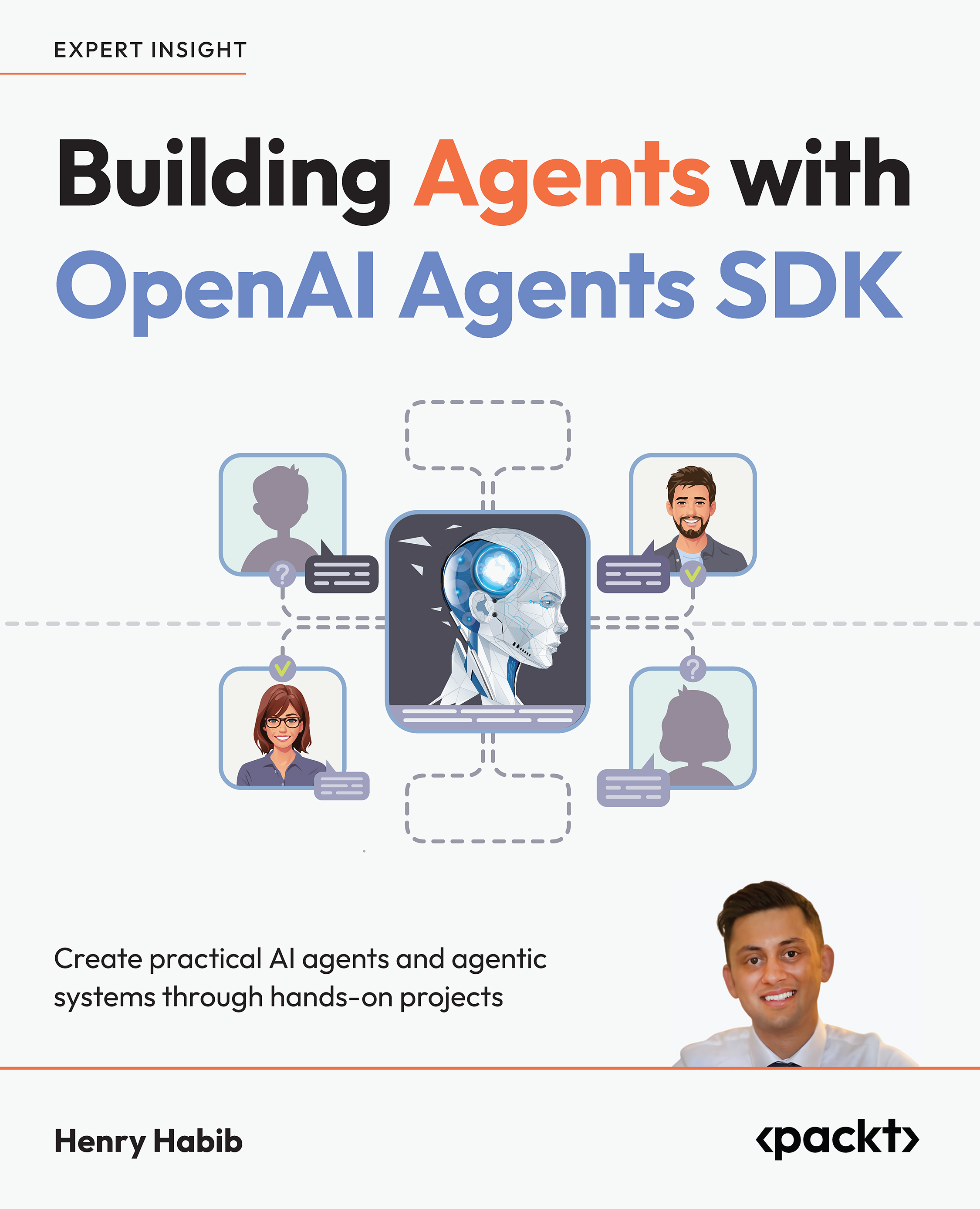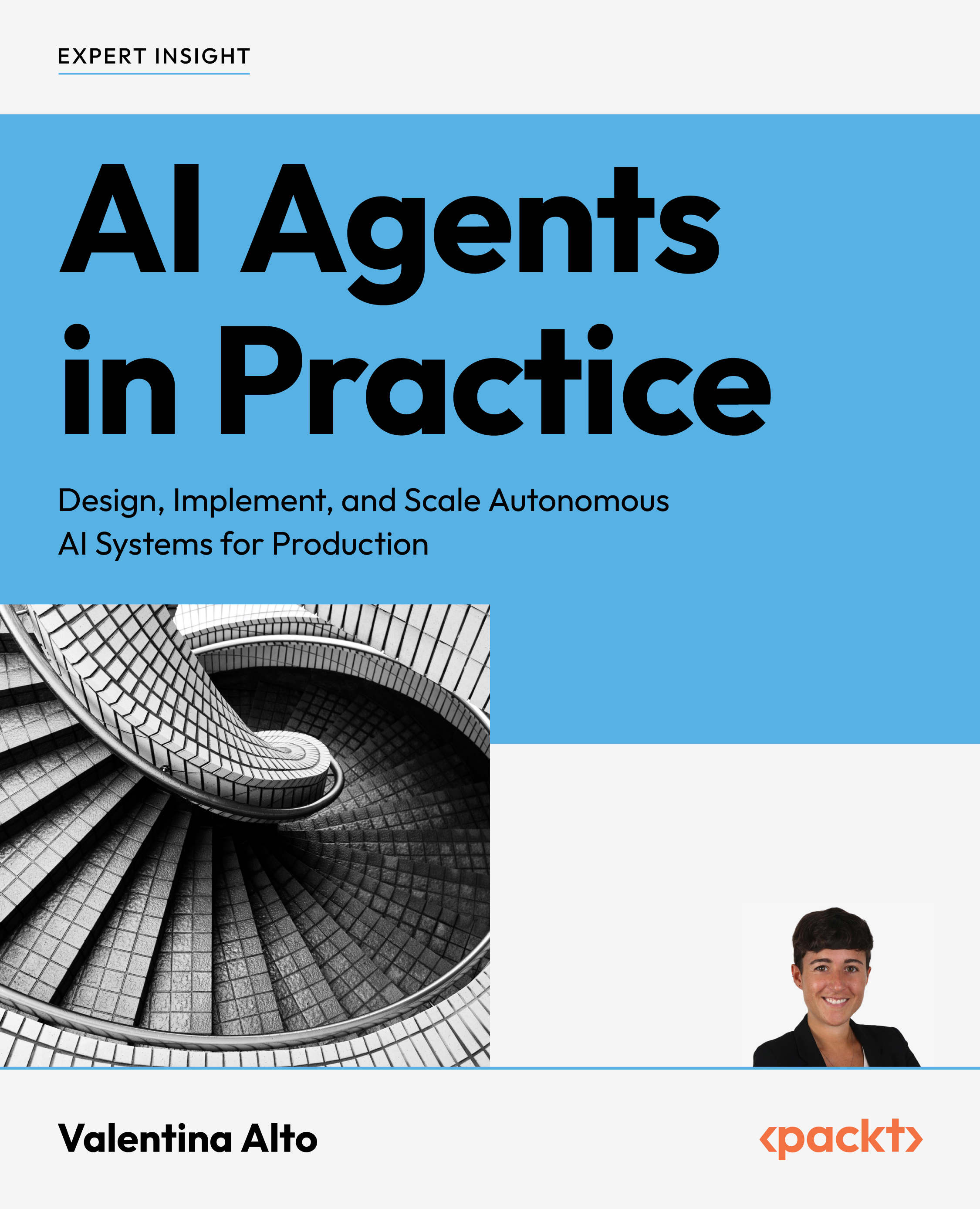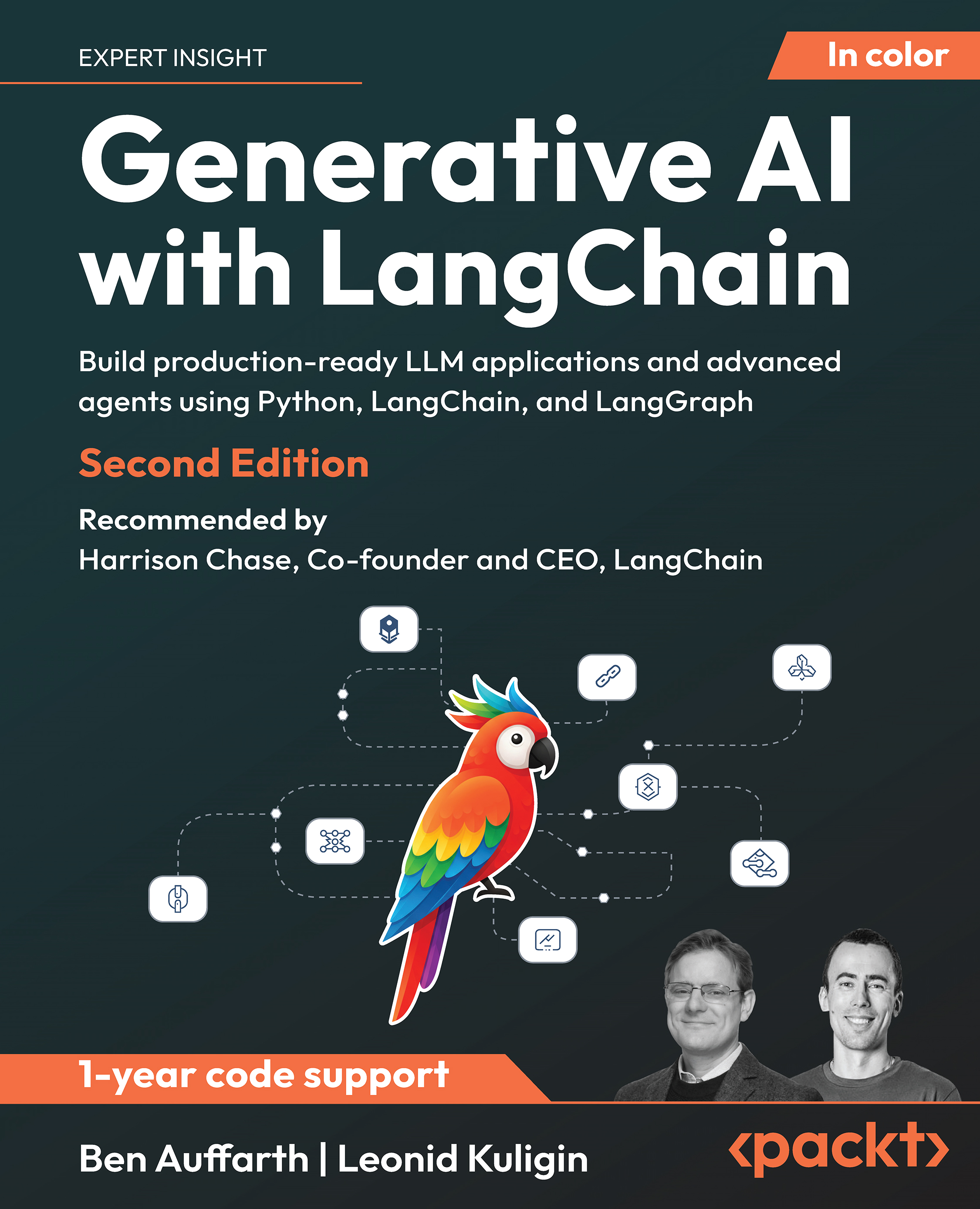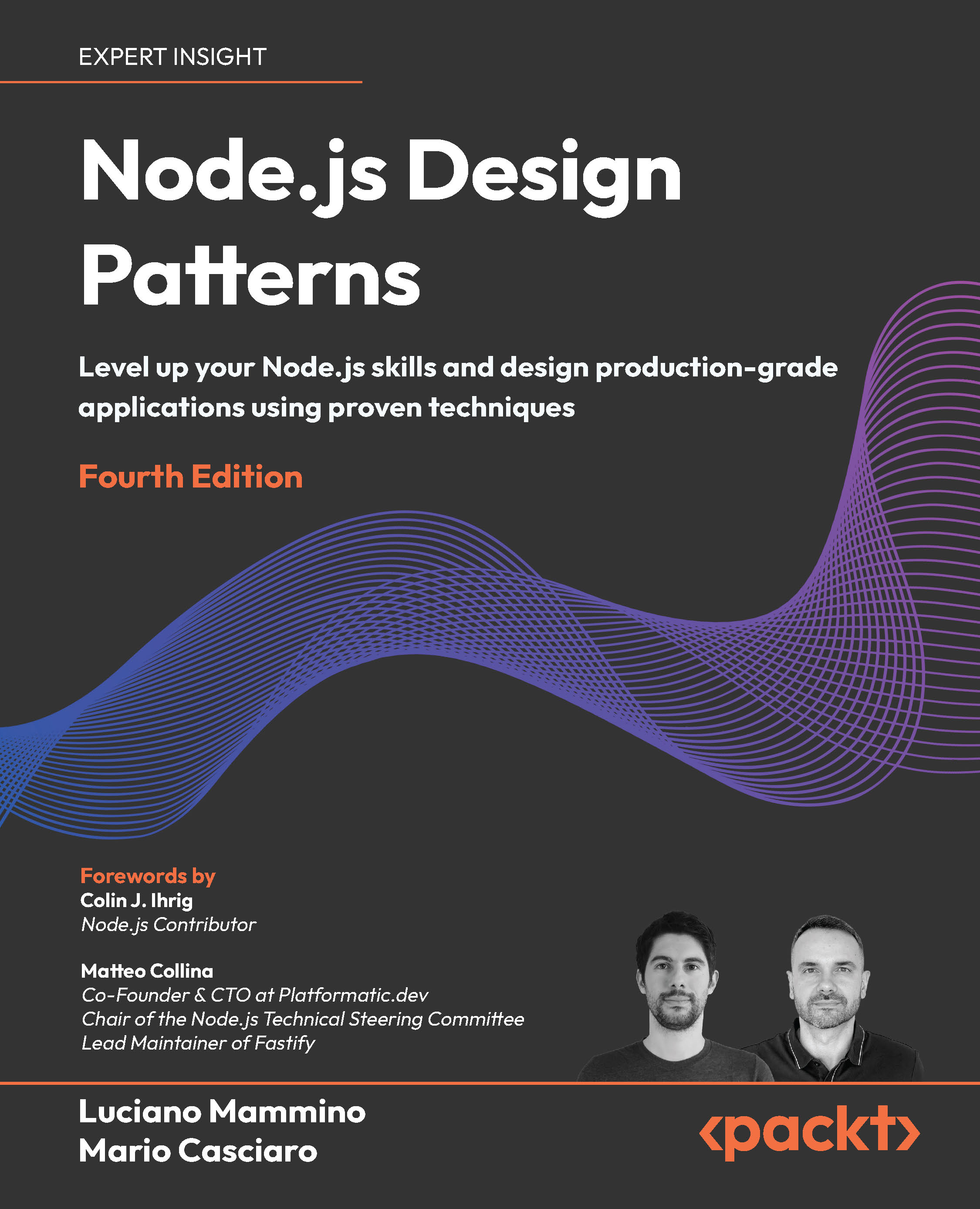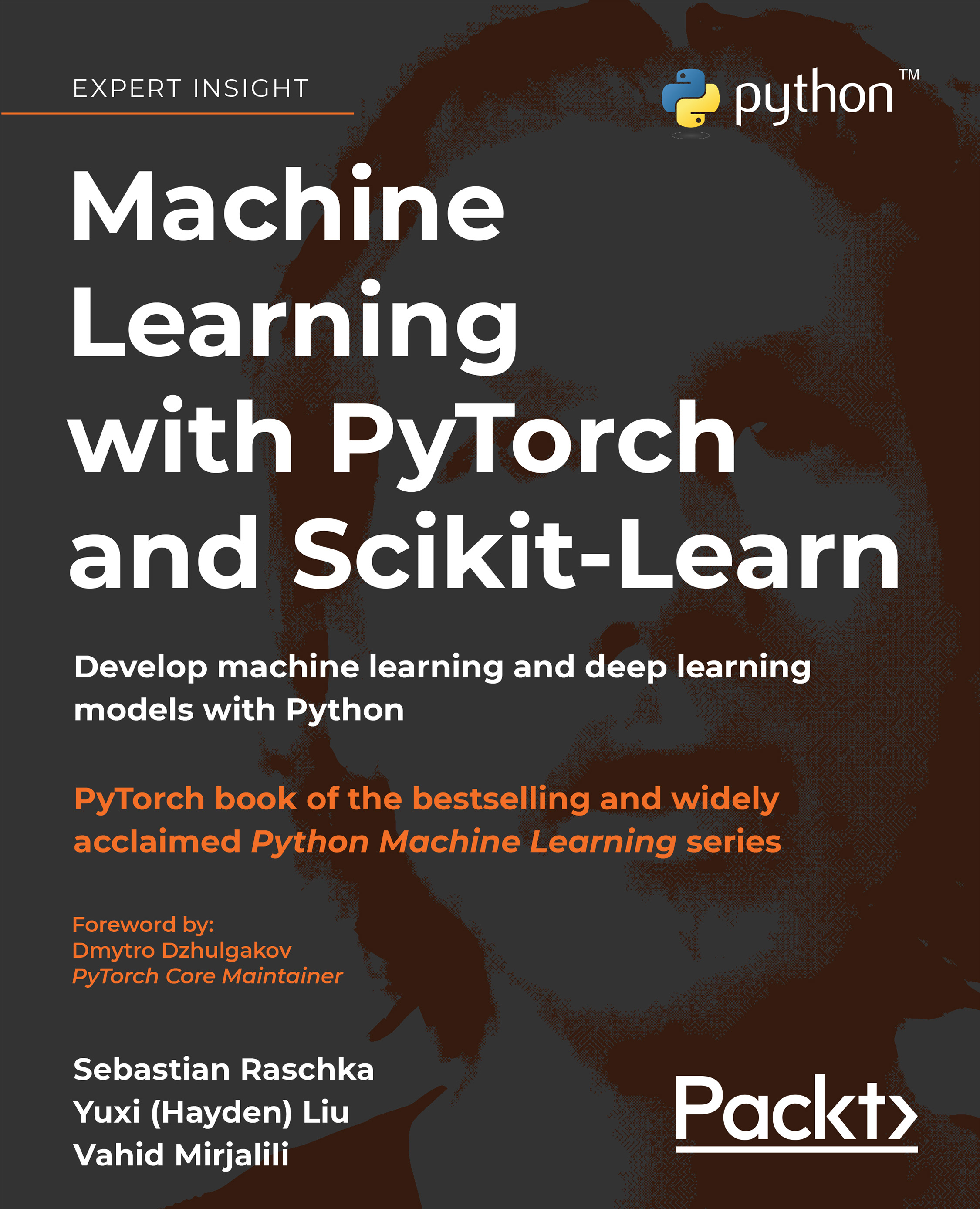Here is the news of the week.
OpenAI Debuts o3-Pro Model
OpenAI has quietly introduced o3-pro, an advanced "high-reasoning" version of its o-series models designed for research, complex analysis, and coding. Featuring real-time web search, Python execution, and multimodal reasoning, o3-pro starts at $20–$80 per million input/output tokens—a tenfold increase over the standard o3. Preliminary tests indicate improved accuracy in science, business, and writing tasks, despite slightly slower response times.
Meta Unveils AI Video Editor and Physical Reasoning AI World Model
Meta’s new generative AI video editor transforms any ten-second clip into a customizable playground. Now available on the Meta AI app, Meta.ai, and the Edits mobile app, users can upload clips and apply over 50 preset prompts to alter clothing, settings, lighting, or visual styles within seconds. This feature is free for a limited time, and edited clips can be directly shared on Facebook or Instagram.
Additionally, Meta unveiled V-JEPA 2, a sophisticated "world model" that enhances robotic and AI agent reasoning capabilities. V-JEPA 2 is trained to recognize patterns in physical interactions, such as the dynamics between people, objects, and their environment. To support community engagement, Meta has open-sourced three new test suites, inviting researchers to rigorously evaluate and accelerate the development of machine common sense.
Mistral returns with Magistral Reasoner and Mistral Compute
Paris-based Mistral AI has launched Magistral, its first dedicated reasoning model, available in both open-source and enterprise tiers. Magistral prioritizes transparent, step-by-step logical reasoning, deep domain expertise, and extensive multilingual support, directly addressing common criticisms of earlier chain-of-thought models.
Complementing this launch, Mistral introduced Mistral Compute, an infrastructure solution providing bundled GPUs, orchestration, and managed services. The offering allows governments, enterprises, and research institutions to operate cutting-edge AI on-premises or within national cloud infrastructures, reducing dependency on U.S.-based cloud providers.
OpenAI–Google Cloud Alliance
In an unexpected strategic collaboration, OpenAI has partnered with Google Cloud for additional GPU capacity, complementing its existing partnerships with Microsoft Azure and CoreWeave. Finalized in May, this deal helps OpenAI scale rapidly and diversify its supply chain.
Google.org Funds Social-Impact Gen-AI for its 2025 GenAI Accelerator program
Google.org has selected 20 nonprofits and civic groups for its 2025 Generative AI Accelerator program. Awardees will receive six months of technical mentorship, pro-bono AI expertise, cloud credits, and a portion of a $30 million fund to address critical global issues, from crisis response and children's mental health to combating antimicrobial resistance.
Zero-Click EchoLeak Hits Copilot
Security researchers at Aim revealed EchoLeak, a novel zero-click exploit targeting Microsoft 365 Copilot. The vulnerability allowed malicious markdown emails to bypass prompt-sanitization, triggering background HTTP requests capable of exfiltrating sensitive data without user interaction. Microsoft swiftly patched the vulnerability before its public disclosure, highlighting emerging security risks associated with increasingly autonomous AI systems.
 United States
United States
 Great Britain
Great Britain
 India
India
 Germany
Germany
 France
France
 Canada
Canada
 Russia
Russia
 Spain
Spain
 Brazil
Brazil
 Australia
Australia
 Singapore
Singapore
 Canary Islands
Canary Islands
 Hungary
Hungary
 Ukraine
Ukraine
 Luxembourg
Luxembourg
 Estonia
Estonia
 Lithuania
Lithuania
 South Korea
South Korea
 Turkey
Turkey
 Switzerland
Switzerland
 Colombia
Colombia
 Taiwan
Taiwan
 Chile
Chile
 Norway
Norway
 Ecuador
Ecuador
 Indonesia
Indonesia
 New Zealand
New Zealand
 Cyprus
Cyprus
 Denmark
Denmark
 Finland
Finland
 Poland
Poland
 Malta
Malta
 Czechia
Czechia
 Austria
Austria
 Sweden
Sweden
 Italy
Italy
 Egypt
Egypt
 Belgium
Belgium
 Portugal
Portugal
 Slovenia
Slovenia
 Ireland
Ireland
 Romania
Romania
 Greece
Greece
 Argentina
Argentina
 Netherlands
Netherlands
 Bulgaria
Bulgaria
 Latvia
Latvia
 South Africa
South Africa
 Malaysia
Malaysia
 Japan
Japan
 Slovakia
Slovakia
 Philippines
Philippines
 Mexico
Mexico
 Thailand
Thailand



